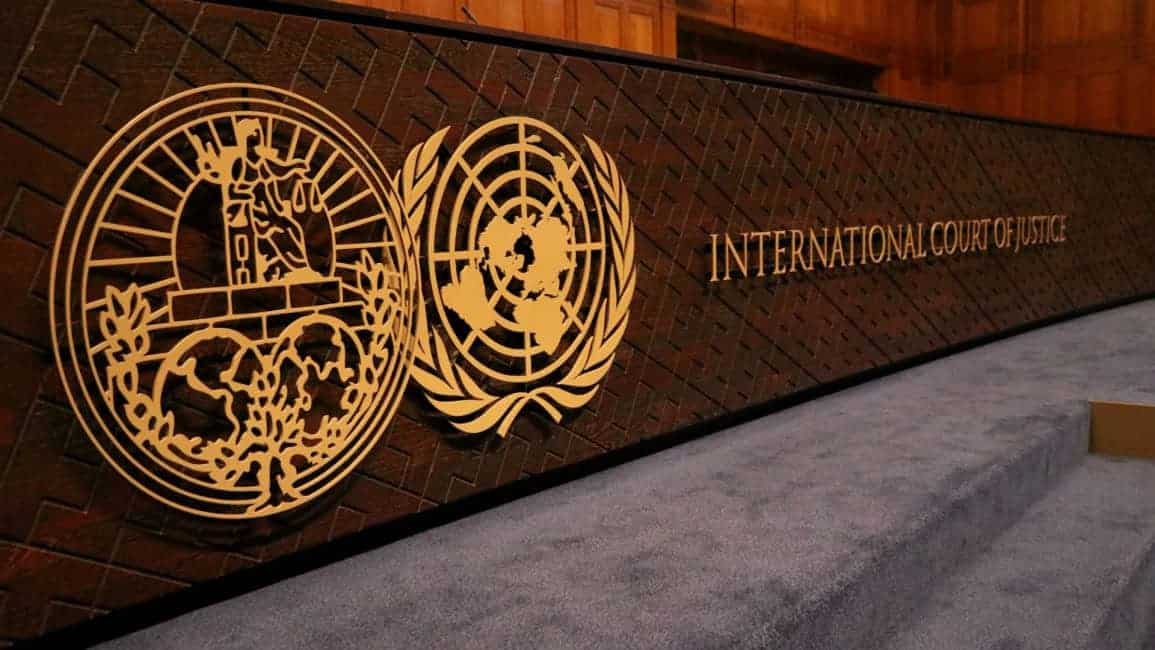
The State of Palestine has taken a significant step towards holding Israel accountable for its actions in Gaza by applying to join a case at the International Court of Justice (ICJ). The case, brought by South Africa, accuses Israel of committing genocide in Gaza, in violation of the 1948 UN Genocide Convention.
Palestinian officials have long alleged that Israel's military operation in Gaza aims to erase Palestinian society and culture, resulting in widespread destruction and damage to critical infrastructure, including homes, schools, and hospitals. The application to join the case at the ICJ is a bold move by the Palestinian Authority to protect its legal interests and seek justice for the victims of Israel's actions.
The ICJ, also known as the World Court, is the primary judicial organ of the United Nations, responsible for settling legal disputes between states. Established in 1945, the court has heard several high-profile cases, including disputes over territorial boundaries, human rights violations, and war crimes.

In this case, South Africa brought the charges against Israel in response to its military offensive in Gaza, which has resulted in the deaths of thousands of Palestinians, including women and children. The South African government alleges that Israel's actions constitute genocide, as defined by the 1948 Convention on the Prevention and Punishment of the Crime of Genocide.
The ICJ has already ordered Israel to ensure "unimpeded access" to UN-mandated investigators to look into allegations of genocide and to prevent acts of genocide during its military operation in Gaza. However, Palestine's application to join the case seeks to strengthen the legal challenge to Israel's actions and ensure that the court considers the full extent of the harm suffered by the Palestinian people.
The move comes as no surprise, given the historical context of the Israeli-Palestinian conflict. Palestine has long sought recognition as a sovereign state, and its efforts to join international organizations and treaties, such as the ICJ, are seen as crucial to achieving this goal. In 2012, Palestine was granted non-member observer status by the UN General Assembly, paving the way for its participation in international legal proceedings.
The outcome of this case could have significant implications for international law and the accountability of states for their actions. If the ICJ rules in favor of Palestine and South Africa, it could set a precedent for future cases involving allegations of genocide and war crimes. However, the court's rulings are legally binding but lack concrete means of enforcement, as seen in previous cases, such as the ICJ's order for Russia to halt its invasion of Ukraine.
Despite these challenges, Palestine's application to join the case at the ICJ demonstrates its commitment to seeking justice and holding Israel accountable for its actions. As the international community watches with bated breath, the outcome of this case could mark a significant turning point in the pursuit of accountability and the protection of human rights in the region.











